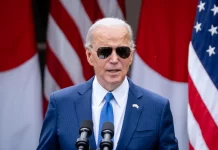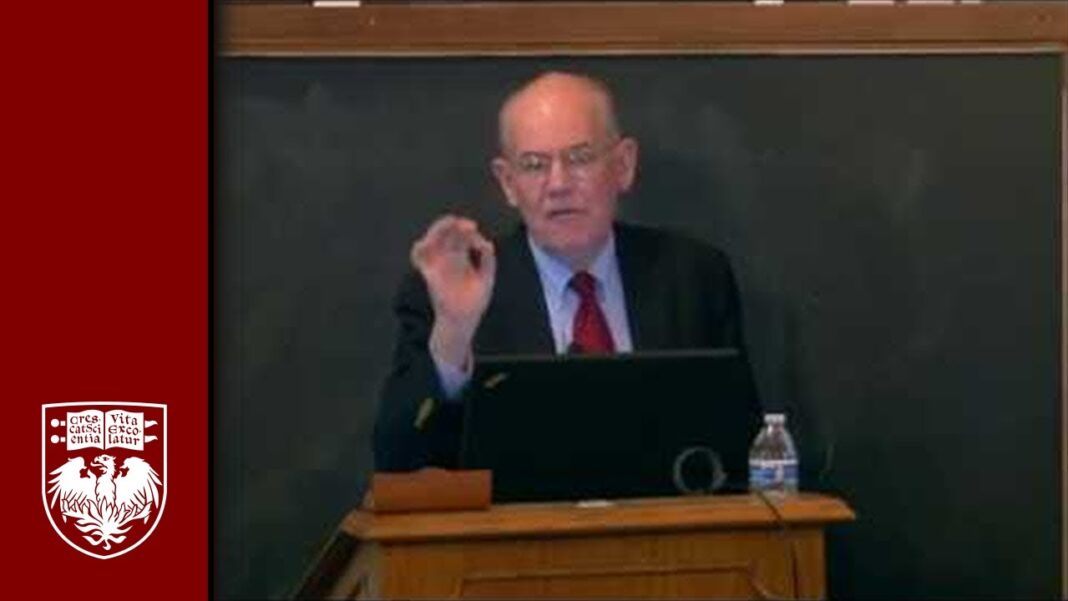UnCommon Core: The Causes and Consequences of the Ukraine Crisis
John J. Mearsheimer, the R. Wendell Harrison Distinguished Service Professor in Political Science and Co-director of the Program on International Security Policy at the University of Chicago, assesses the causes of the present Ukraine crisis, the best way to end it, and its consequences for all of the main actors. A key assumption is that in order to come up with the optimum plan for ending the crisis, it is essential to know what caused the crisis. Regarding the all-important question of causes, the key issue is whether Russia or the West bears primary responsibility.
Why the Ukraine Crisis Is the West’s Fault
The Liberal Delusions That Provoked Putin
According to the prevailing wisdom in the West, the Ukraine crisis can be blamed almost entirely on Russian aggression. Russian President Vladimir Putin, the argument goes, annexed Crimea out of a long-standing desire to resuscitate the Soviet empire, and he may eventually go after the rest of Ukraine, as well as other countries in eastern Europe. In this view, the ouster of Ukrainian President Viktor Yanukovych in February 2014 merely provided a pretext for Putin’s decision to order Russian forces to seize part of Ukraine.
But this account is wrong: the United States and its European allies share most of the responsibility for the crisis. The taproot of the trouble is NATO enlargement, the central element of a larger strategy to move Ukraine out of Russia’s orbit and integrate it into the West. At the same time, the EU’s expansion eastward and the West’s backing of the pro-democracy movement in Ukraine—beginning with the Orange Revolution in 2004—were critical elements, too. Since the mid1990s, Russian leaders have adamantly opposed NATO enlargement and in recent years, they have made it clear that they would not stand by while their strategically important neighbor turned into a Western bastion. For Putin, the illegal overthrow of Ukraine’s democratically elected and pro-Russian president—which he rightly labeled a “coup”—was the )nal straw. He responded by taking Crimea, a peninsula he feared would host a NATO naval base, and working to destabilize Ukraine until it abandoned its e*orts to join the West.
Putin’s pushback should have come as no surprise. After all, the West had been moving into Russia’s backyard and threatening its core strategic interests, a point Putin made emphatically and repeatedly. Elites in the United States and Europe have been blindsided by events only because they subscribe to a 0awed view of international politics. They tend to believe that the logic of realism holds little relevance in the twenty-first century and that Europe can be kept whole and free on the basis of such liberal principles as the rule of law, economic interdependence, and democracy.
But this grand scheme went awry in Ukraine. The crisis there shows that realpolitik remains relevant—and states that ignore it do so at their own peril. U.S. and European leaders blundered in attempting to turn Ukraine into a Western stronghold on Russia’s border. Now that the consequences have been laid bare, it would be an even greater mistake to continue this misbegotten policy.
By John J. Mearsheimer
Read Full Article in PDF Here and Below













































